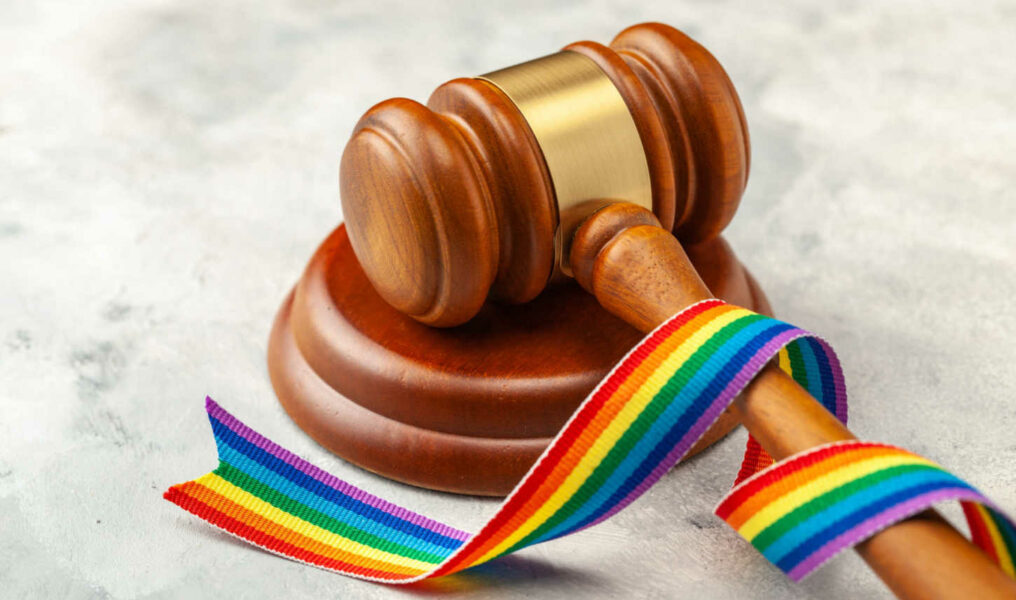In a blow to Fair and Equal Michigan's attempt to amend Michigan's civil rights provision to include LGBTQ+ discrimination, the Board of State Canvassers decided Monday to reject the petition the organization submitted, citing a lack of valid signatures. Fair and Equal disputes that claim and has vowed to take the matter to the Court of Appeals.
"Fair and Equal Michigan provided numerous examples to the board detailing how a significant number of our signatures were improperly thrown out," said Josh Hovey, spokesperson for Fair and Equal, in a statement released to the press. "The Board of Canvassers never addressed the issues we raised with the way the Bureau of Election staff handled our petitions, and we are confident that if all our valid signatures were counted, then we would easily meet the threshold to move forward."
The Michigan Bureau of Elections (BOE) first notified Fair and Equal that they had fallen short via a report released on July 8. Following receipt of said report, Fair and Equal contracted with Signafied, a Phoenix-based political technology firm focused on petition review and signature validation, to challenge that assertion.
To put the measure before voters in November 2022, Fair and Equal needed to collect 340,047 signatures. And though Fair and Michigan actually submitted 483,000 signatures, a random BOE sample of 502 signatures found only 337 to be valid. Based on that ratio, the BOE asserts that only 298,943 of the signatures submitted were valid.
Steven Liedel, an attorney for Fair and Equal from the Detroit-based law firm Dykema Gossett, challenged the BOE's claims in a written response. Liedel alleged that "the staff report improperly invalidates 97 signatures included within the initial first-stage sample of 502 signatures pulled by the Bureau."
The results of the Signafied investigation aren't the only component of Fair and Equal's appeal.
"Our appeal does not bank on the Signafied report, but that does give an indication of how the state could be using new technology to remove human error from the signature review process," Hovey told Pride Source. "We will raise several issues in our legal challenge, including improperly discarding valid signatures, not accepting our electronic signatures and the way some petitions were pulled, etc."
Hovey said he was very disappointed that the Board of Canvassers failed to address any of the concerns Fair and Equal raised before rejecting the ballots.
"[They] accepted the staff report at face value when we provided multiple examples of signatures being thrown out when they are clearly valid," he said. "State law and the courts require that staff 'facilitate' rather than hinder the petitioning process. So when things like handwriting legibility are in question, the benefit of the doubt should be given to the petitioner. The document we provided shows several examples, none of which were addressed by the board."
The Board of State Canvassers features two Democrats and two Republicans, and the vote to reject the petition was 4-0. One of the Democratic board members, Julie Matuzak, told The Detroit News afterward that while she appreciated the content of the petitions, there weren't "enough good signatures. I can't make this decision based on the content. I have to make it based on this process."











